Vocabulary enhancement Normal Life Science Worksheets for Ages 4-9
8 filtered results
-
From - To
Discover our engaging Vocabulary Enhancement Normal Life Science Worksheets, designed specifically for children aged 4-9! These interactive resources promote vocabulary growth while exploring fascinating life science topics. With a variety of exercises, including matching, fill-in-the-blanks, and word searches, young learners will expand their understanding of essential terms related to the natural world. These worksheets not only enhance language skills but also inspire curiosity about living organisms, ecosystems, and environmental awareness. Perfect for home or classroom use, our worksheets encourage independent learning and support a well-rounded education in life sciences. Ignite your child's love for learning with our fun and educational materials!
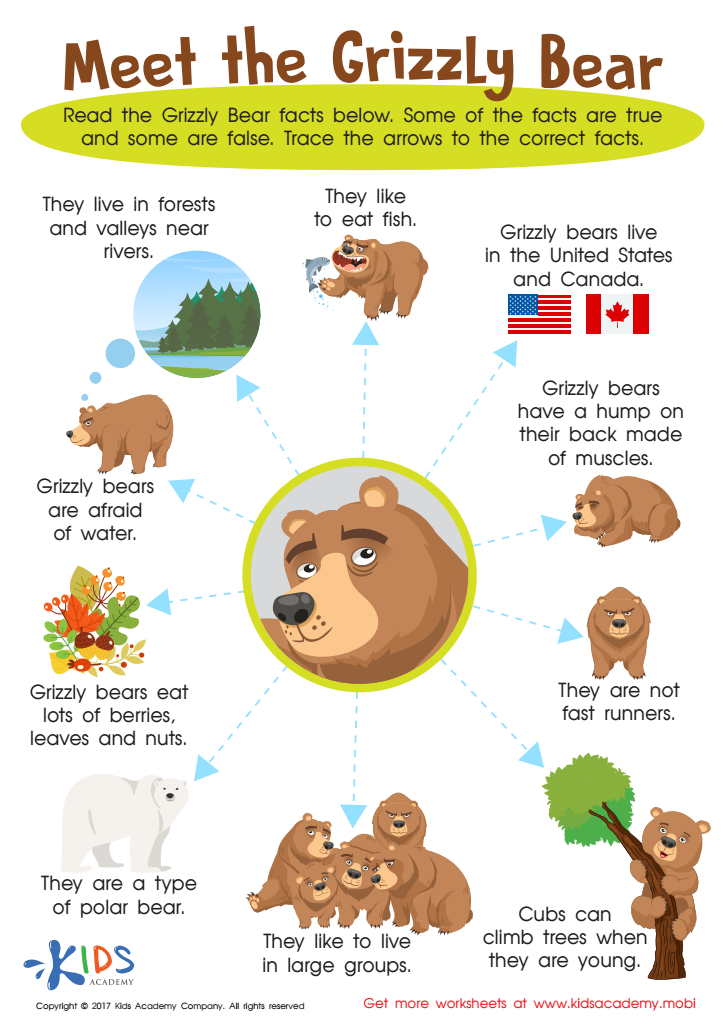

Grizzly Bear Facts Worksheet
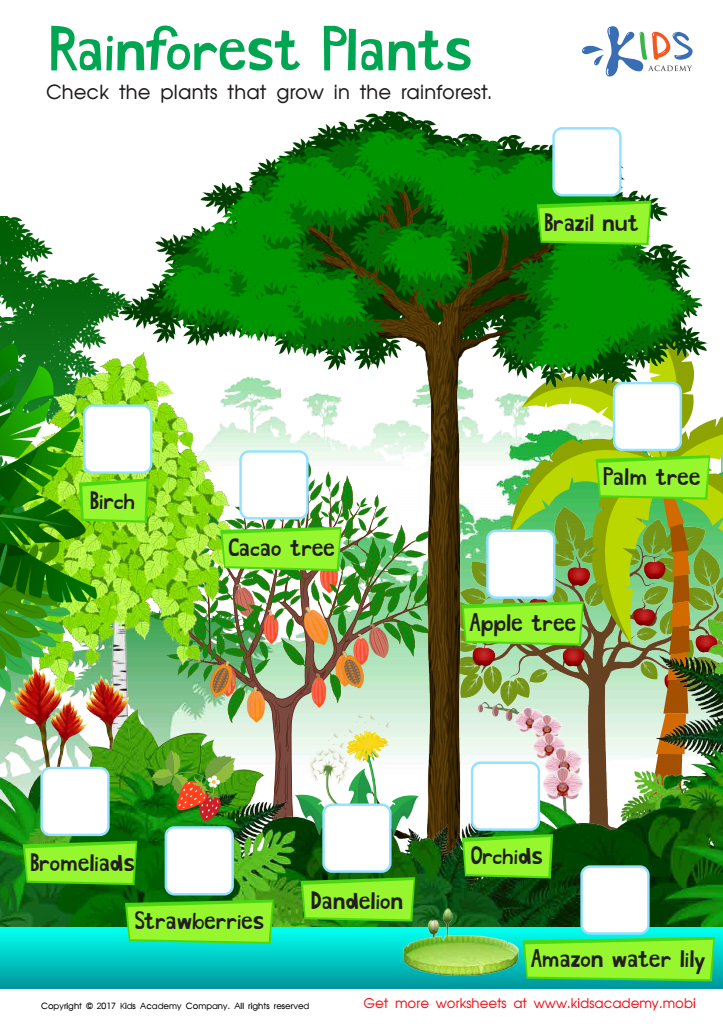

Rainforest Plants Worksheet


Herbivores Printable
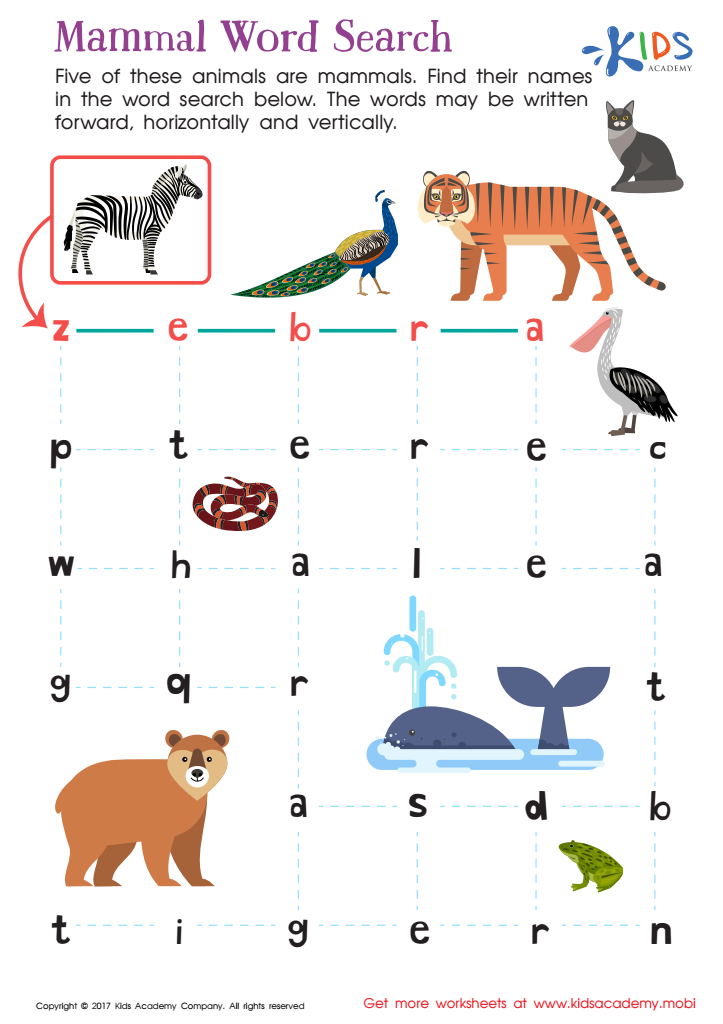

Printable Mammal Word Search
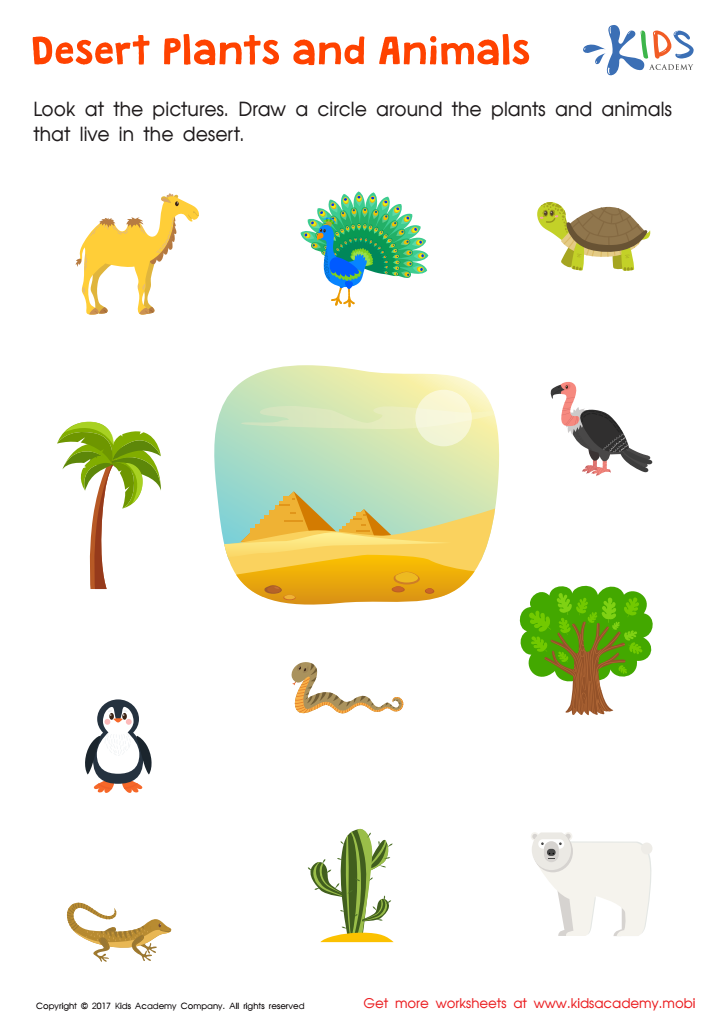

Desert Plants Animals Printable


Carnivores Worksheet
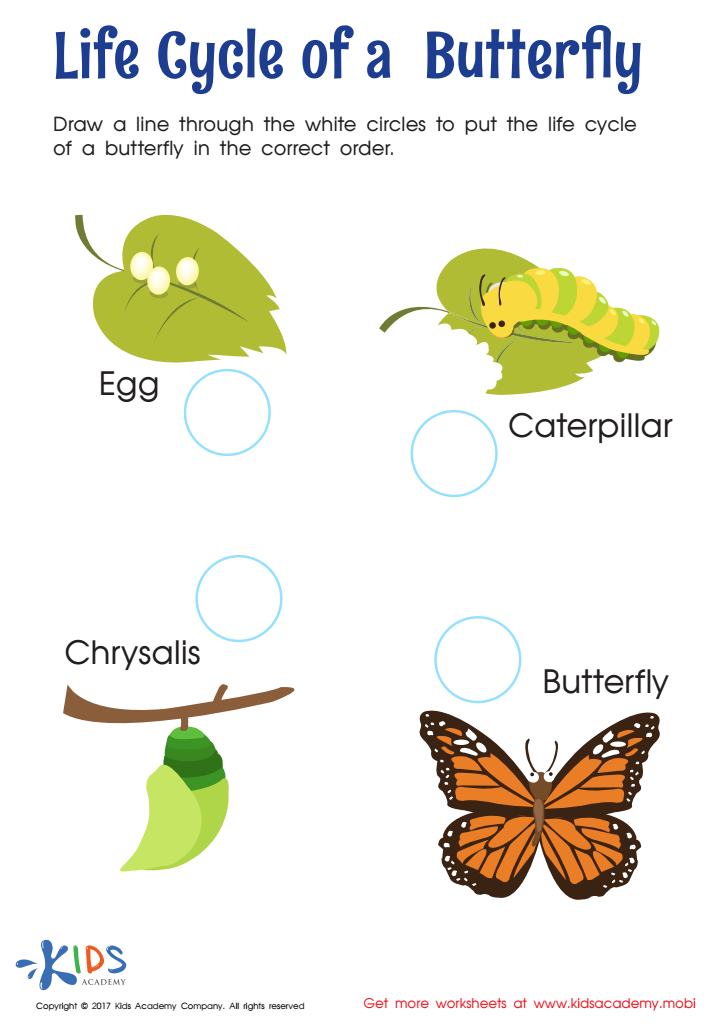

Life Cycle of Butterfly Worksheet
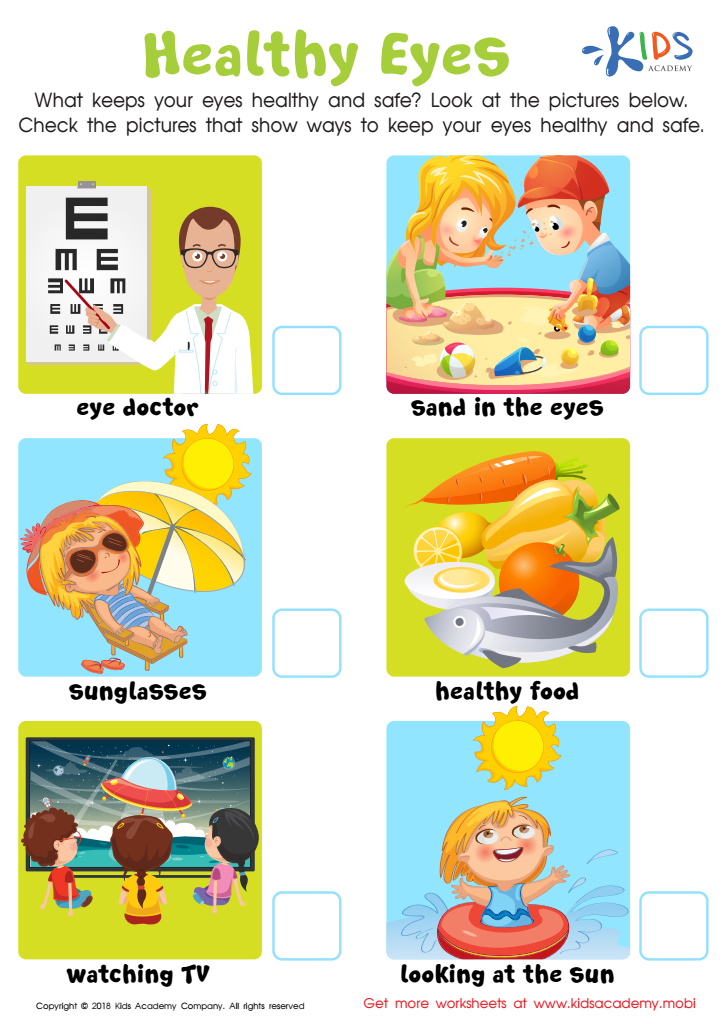

Healthy Eyes Worksheet
Vocabulary enhancement in Normal Life Science for children ages 4-9 is crucial for several reasons. First, this developmental stage is when children are rapidly acquiring language skills. By introducing them to science-related vocabulary, we stimulate their cognitive growth and enable them to communicate more effectively. This enhances their comprehension of complex concepts and encourages curiosity and exploration.
Second, a rich vocabulary fosters critical thinking. When children learn terms related to their environment—like “habitat,” “photosynthesis,” and “ecosystem”—they develop the ability to ask questions and seek deeper understanding. This lays the foundation for lifelong learning and scientific inquiry.
Moreover, improving vocabulary in the context of life science supports academic achievement. Language proficiency is linked to reading comprehension and writing skills, both crucial for future educational success. By integrating vocabulary enhancement into everyday learning, parents and teachers can nurture enthusiasm for science while preparing children for more advanced topics in school.
Lastly, discussing life science vocabulary at home or in the classroom encourages family and community engagement in learning, creating a support system that values education. By prioritizing vocabulary development in real-life science contexts, we equip children with the tools they need to navigate and understand the world around them.
 Assign to My Students
Assign to My Students















